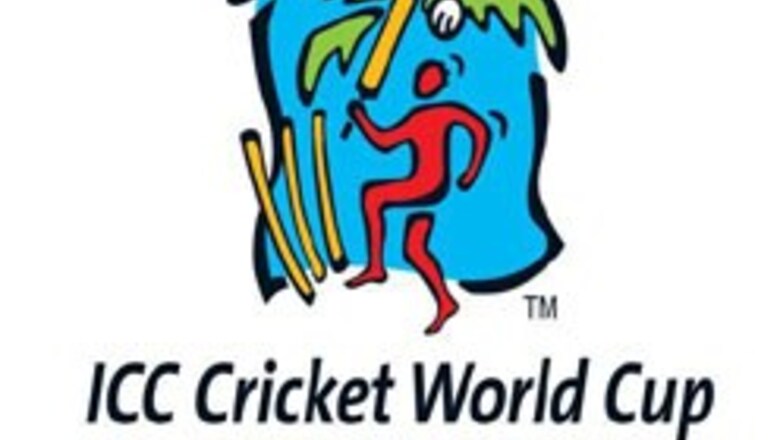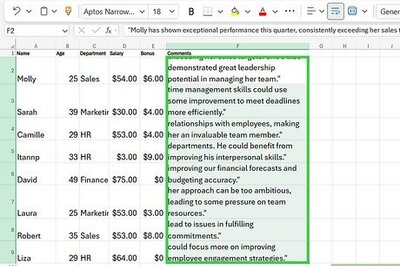
views
New Delhi: The 2007 cricket World Cup is set to turn the West Indies into a security fortress with an extra-vigilant US providing intelligence inputs to the hosts, a top organiser has said.
The US, more cautious after the 9/11 attacks, is keeping a close watch because of the Caribbean nations' close proximity to it, said World Cup 2007 CEO Chris Dehring.
Dehring, 44, is a founding partner of one of Jamaica's most successful investment banks, Dehring Bunting & Golding Ltd, a company that is listed on both the Jamaica and Trinidad & Tobago Stock Exchanges.
"We are closer to the US, so they are paying a great deal of attention to the World Cup in the Caribbean in contrast to the attention that was non-existent in the 2003 World Cup in South Africa," Dehring said.
"We are getting a lot of assistance from the US on the security for the World Cup, primarily because we are in their backyard," he said.
The US could also be wary because thousands of Indians and Pakistani supporters are expected to land in the West Indies for the 49-day tournament.
Dehring, who was here for the 'India launch' of the World Cup, also pointed out that globally security considerations were changing fast.
"The evolution of security is changing. In Germany (at the 2006 World Cup), for instance, you did not see the sort of magnetometers and so on, but there was a lot of intelligence gathering, a lot of behind-the-scenes type of security," he said.
"So, we are looking at all the different changes in security template that would work the best in the Caribbean."
Dehring, however, ruled out the presence of American soldiers or police at the 16-nation tournament March 11-April 28.
"But there is certainly a lot of intelligence assistance and so on that the US, the UK and the French governments are involved in," he said.
PAGE_BREAK
"We have put in place a very thorough security architecture... which is then assisted by the governments of the US, Canada, France and the UK."
Dehring also met the organisers of the 1996 World Cup in the Indian sub-continent and the 2003 cricket World Cup in South Africa and Zimbabwe, attended football World Cups in 1992 in Japan-South Korea and the 2004 Athens Olympics Games to get a first hand experience of how mega events are organised.
"So we have taken quite a lot from those experiences to help us to mould our own blueprint for hosting the event in the Caribbean. One of the challenges we had was that no global event had even been staged across nine countries," he said, referring to the World Cup in the Caribbean islands.
"Just simply experiencing what fans feel at the final of a football World Cup gives an idea of scope and scale of hosting a mega event. It's always important to learn from the experiences of others and apply them in our events."
The 1996 World Cup seems to have particularly interested Dehring as it was successfully hosted in spite of two of the hosts - India and Pakistan - not having the best of relations then.
"One of the things we certainly learnt was how to organise and manage across multiple jurisdictions. It was clear that you were going to have some level of autonomy, and yet remain guided by central policies," he said.
"That was done very successfully in 1996, especially amongst countries (India and Pakistan) that politically at the time didn't have the same level of cooperation as they certainly do now," he stressed.
Dehring wrote and presented the Caribbean's winning proposal to host the 2007 World Cup, and was a member of the International Cricket Council's negotiating team that secured the four-year $550 million media rights deal with Rupert Murdoch's Global Cricket Corporation.


















Comments
0 comment